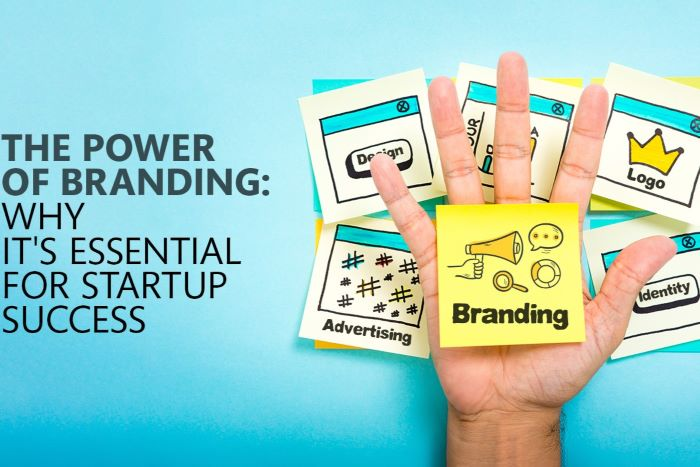
In the rapidly evolving startup ecosystem of Africa, branding has emerged as a crucial element for success. As the continent’s entrepreneurial landscape continues to grow, startups are recognizing the importance of establishing a strong brand identity to stand out in a crowded market, attract investors, and build customer loyalty.
Why Branding Matters for African Startups
Branding is more than just a logo or a tagline; it’s the essence of a company’s identity, values, and mission. For African startups, branding plays a vital role in:
- Differentiation: With numerous startups emerging in various sectors, branding helps African startups differentiate themselves from competitors and establish a unique market presence.
- Trust and Credibility: A strong brand identity conveys professionalism, stability, and trustworthiness, essential for attracting customers, investors, and partners.
- Customer Acquisition and Retention: Effective branding helps startups connect with their target audience, build brand loyalty, and drive customer retention.
- Investor Attraction: A well-defined brand identity can make a startup more attractive to investors, demonstrating a clear vision, strategy, and potential for growth.
Challenges Facing African Startups in Branding
Despite the importance of branding, African startups face several challenges, including:
- Limited Resources: Startups often have limited budgets, making it difficult to invest in comprehensive branding strategies.
- Cultural and Linguistic Diversity: Africa’s diverse cultural and linguistic landscape can make it challenging to develop a brand identity that resonates with a broad audience.
- Infrastructure and Connectivity: In some regions, infrastructure and connectivity issues can hinder the implementation of digital branding strategies.
Best Practices for Branding African Startups
To overcome these challenges, African startups can adopt the following best practices:
- Define Your Unique Value Proposition (UVP): Clearly articulate your startup’s mission, values, and unique benefits to differentiate yourself from competitors.
- Develop a Strong Visual Identity: Create a consistent visual brand language, including a logo, color palette, typography, and imagery that reflects your startup’s personality and values.
- Build a Compelling Brand Story: Craft a narrative that communicates your startup’s purpose, passion, and vision, resonating with your target audience.
- Engage with Your Audience: Leverage social media, content marketing, and community outreach to build relationships with your customers, partners, and stakeholders.
- Measure and Adapt: Continuously monitor your branding efforts, gather feedback, and adjust your strategy to ensure alignment with your startup’s growth and evolution.
Successful African Startup Branding Examples
Several African startups have successfully established strong brand identities, including:
- Flutterwave: The Nigerian fintech company has developed a distinctive brand voice and visual identity, emphasizing convenience, security, and innovation in digital payments.
- Jumia: The pan-African e-commerce platform has created a recognizable brand presence, highlighting its commitment to customer satisfaction, quality products, and reliable delivery.
- Andela: The talent development platform has built a strong brand identity, focusing on its mission to empower African developers and drive innovation in the tech industry.
Conclusion
Branding is a critical component of success for African startups, enabling them to differentiate themselves, build trust, and attract customers and investors. By understanding the importance of branding, overcoming challenges, and adopting best practices, African startups can establish strong brand identities that drive growth and innovation. As the continent’s startup ecosystem continues to evolve, effective branding will play an increasingly vital role in shaping the future of African entrepreneurship.
